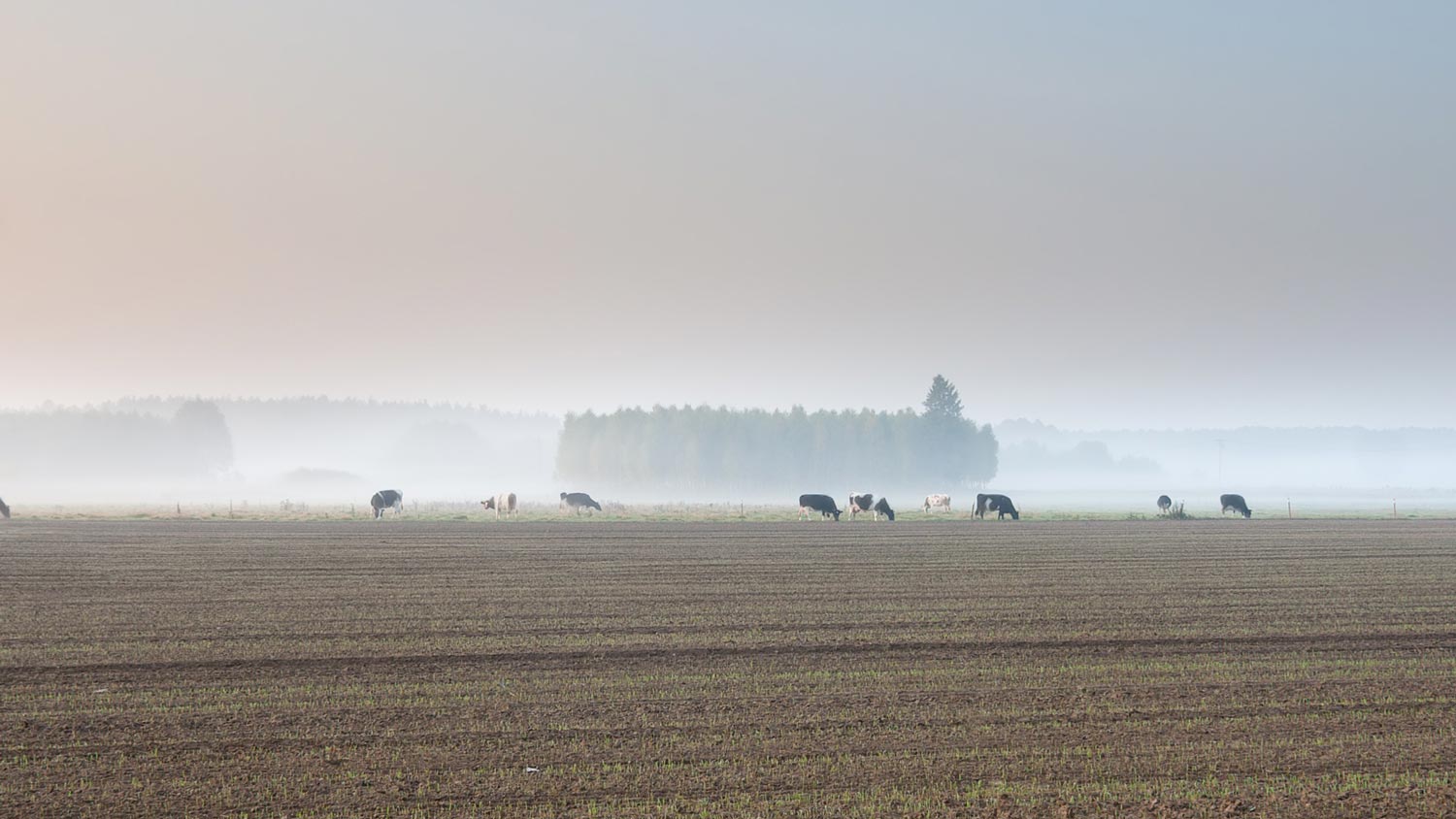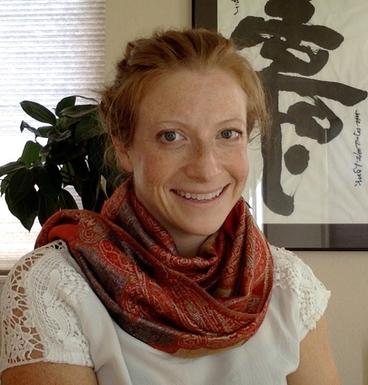
Noelle Noyes, DVM, PhD, assistant professor in the Department of Veterinary Population Medicine at the University of Minnesota College of Veterinary Medicine, uses her background in social sciences, business, and veterinary epidemiology to bridge the gap between researchers and farmers.
“I'm very adamant about making sure my research has some connection to actual problems producers are facing,” says Noyes.
Noyes graduated from the Colorado State University (CSU) College of Veterinary Medicine and Biomedical Sciences’ dual-degree DVM/PhD program in May. She joined the University of Minnesota faculty in June. Her current research focuses on understanding antimicrobial resistance (AMR) in livestock production and humans.
“Healthy animals provide safe food, so having a healthy animal going into the food system is one of the key factors in making our food safe,” says Noyes.
Noyes’ research tackles AMR in cattle production systems, including feedlots and slaughter plants. Noyes and colleagues at CSU were some of the first to take a resistome approach—the collection of AMR genes—into cattle production. Since the team looked at all the bacteria within each sample, rather than targeting specifics such as E. coli or Salmonella, they were able to identify all genes within the samples that had the potential to express resistance to antibiotics. They were then able to better understand how leveraging livestock management could improve risk management of AMR.
Noyes hopes to expand upon this work at the University of Minnesota, tracking production of multiple livestock species from birth to processing. She was drawn to the University for its outstanding collaboration with livestock producers and existing collaborations between departments and Colleges that foster comprehensive research programs. “The collaborations both within and outside of the University are even better than I thought they would be,” she says.
With funding from the Norwegian Centennial Chair program—whose mission is to promote cooperation in research and academic education between the Norwegian University of Life Sciences, University of Oslo, and the University of Minnesota by strengthening and expanding existing, and by facilitating new transatlantic collaborations in cutting-edge research—her group will be collaborating with aquaculture specialists within the University of Minnesota as well as partners at the University of Norway. The team will use aquaculture as a model system to develop new methods to analyze antibiotic resistance genes and their precursors in complex ecosystems.
Noyes is Beef Quality Assurance Certified and studied livestock production as part of the USDA-AFRI ELI Post-Doctoral Fellowship program. Originally from Upstate New York, her global outlook led her to work with refugees in Germany before pursuing veterinary medicine.
Noyes recognizes the effort farmers put into ensuring their animals are healthy and wants to foster relationships between producers and researchers. These partnerships would allow her team to better understand how changing practices in one area of livestock production could have unintended consequences elsewhere in the ecosystem. It would help them apply their research to the real food system.
“A lot of what we do is novel and sometimes it can seem a bit removed from the reality of livestock production, but I don't think it has to be,” she says. “If you have the right partnerships and the right approach, you can figure out how your research fits with the challenges producers face.”

